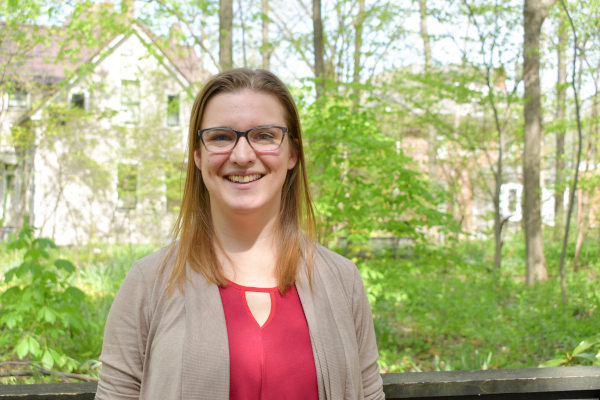Psychological Safety and Resilient Teamwork in Direct Practice and Clinical Supervision (Knoxville)
In-Person Training
3 CE Hours

Psychological Safety and Resilient Teamwork in Direct Practice and Clinical Supervision
Tiffany Lindsey, EdD, LPC-MHSP
Presentation Date/Time
Friday, August 30, 2024
9:00am – 12noon EDT
Location
Laurel Church of Christ
3457 Kingston Pike
Knoxville, Tennessee 37919
Directions
Psychological safety is feeling accepted, respected, expected, and able to disclose a mistake, worry or divergent point of view. Connected to trust and conflated with comfort, psychological safety is maybe easier to describe than to create. Mindful organizing is about team-based capacities, build on habits that anticipate and contain risk. It is about a team’s ability to engage in candid, organized, client-centered care that is both aware and protective of vulnerabilities that may be a barrier or setback to the client’s treatment progress. At its core is a shared accountability for professional and client-level outcomes, recognizing that how we connect impacts both professionals and the clients they serve.
Objectives:
- Analyze and apply psychological safety to clinical practice settings, including the crucial role of supervisors in cultivating psychological safety
- Consider the presence of psychological safety and accountability in professional practice
- Identify your experience within the Ladder of Vulnerability
- Engage mindful organizing strategies like huddles and debriefs to build increasing safe and effective clinical decision-making and broader care coordination
About the Speaker(s)
Tiffany Lindsey, EdD, LPC-MHSP
Dr. Tiffany Lindsey, LPC-MHSP (she/her) is an assistant professor at the Center for Innovation in Population Health at the University of Kentucky. Her work focuses on quality improvement and system reform efforts in child welfare jurisdictions. Lindsey has specific expertise in applying safety science to improve the safety, reliability, and effectiveness of organizations. Her approach leverages tools like organizational assessment, team-based behavioral strategies, and systemic analysis of critical incidents, including deaths and near deaths, to help organizations learn and improve. Lindsey is co-author of two tools within the Transformational Collaborative Outcomes Management (TCOM) framework — the Safe Systems Improvement Tool (SSIT) and TeamFirst: A Field Guide for Safe, Reliable, and Effective Child Welfare Teams. With the support of Casey Family Programs, Lindsey supports to the National Partnership for Child Safety — a member-led, member-owned quality improvement collaborative of 38 public child welfare agencies.
Before coming to the Center, Lindsey served as a quality improvement director within Tennessee’s Department of Children Services (DCS). During her time at DCS, she oversaw the Department’s nationally acclaimed child death review process and was foundational to its creation. She provided leadership to DCS’ safety culture survey, confidential safety reporting, and several other applications in safety science – all in service of preserving families and retaining a highly skilled professional workforce. Lindsey also has a strong clinical background working with vulnerable populations.
Presenter Contact
If you any questions, please contact Tiffany Lindsey.
TLPCA Contact
If you any questions, please contact Anthony Fuller.

